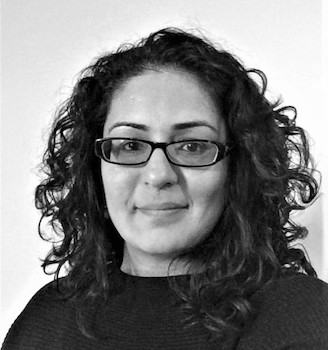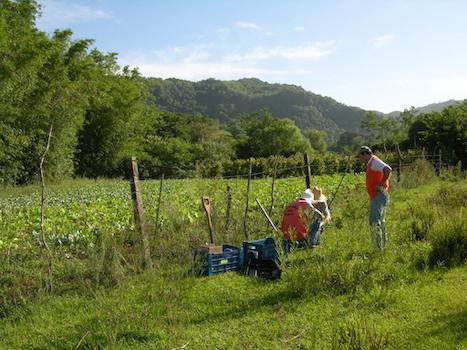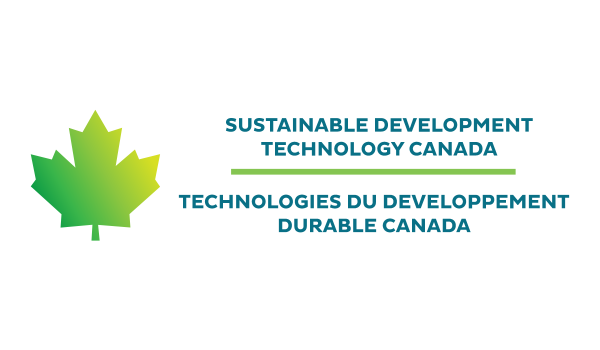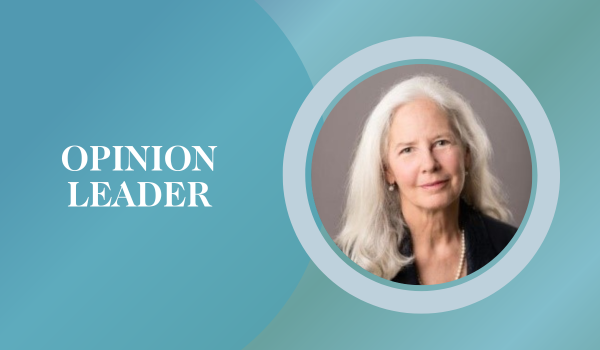Negotiating the four stages of sustainability grief
 Aman Chahal is the Industrial Professor for Innovation and Entrepreneurship in the Faculty of Mechanical Engineering at the University of Alberta. She is also the founder of cleantecher, a company devoted to helping clients develop long term strategies for increasing company innovation and efficiency, by making key organizational behaviour changes. She worked at Sustainable Development Technology Canada (SDTC) from 2017 to 2018, when she left to work in the second of four startup companies in her career. She is a vocal advocate for creating safe working environments and believes that diversifying the workforce through meritocratic hiring creates the best cultures of innovation and collaboration.
Aman Chahal is the Industrial Professor for Innovation and Entrepreneurship in the Faculty of Mechanical Engineering at the University of Alberta. She is also the founder of cleantecher, a company devoted to helping clients develop long term strategies for increasing company innovation and efficiency, by making key organizational behaviour changes. She worked at Sustainable Development Technology Canada (SDTC) from 2017 to 2018, when she left to work in the second of four startup companies in her career. She is a vocal advocate for creating safe working environments and believes that diversifying the workforce through meritocratic hiring creates the best cultures of innovation and collaboration.
First, some context:
We have passed the point of no return for 1.5 degrees of global warming. Your great-grandchildren will live in a world, like this one, where the oceans continue to rise — a gift from their great-grandparents. Ironically, the momentum of inaction dooms us to the worst-case scenario — 7 degrees of mean temperature variation —within the next few decades.
Enthalpy, the total energy in any system, is mathematically symmetrical. Fossil fuel combustion releases heat absorbing gases, blanketing the earth, suffocating our environment. It is part of the sixth mass extinction level event, caused by us, resulting in irreversible planetary harm.
Along the way, the entire equatorial region of the planet will become uninhabitable, leading to human civilization’s largest mass displacement. The poles will warm faster than the rest of the planet, with countries like Canada seeing unseasonal temperature variations, stronger weather events, and unknown pests altering the global food supply. That food supply, by the way, began with 32 staple crops a century ago, which have been honed to a tidy list of eight, to facilitate mass production. Lose any one of those crops, and you will now lose an eighth of the global food supply, possibly with little or no warning.
Next, the promise:
We could change this gloomy prospect, faster than you might think. But we remain steadfast to the strongest of Canada’s founding principles — it is easier to divide and conquer than to reconcile and heal.
Sustainability is the key, a fight many of us have waged for decades. Fossil fuel advocates assured us it was an uphill battle, but standing up for the right thing is hardly a matter of probabilities — an argument that either resonates with you, or is as ludicrous as the author who penned it.
In fact, I wrote a very different, much more hopeful article in June 2017, after the United States pulled out of the COP 21 climate treaty. I was sitting in my Ottawa office, right outside the kitchen at Sustainable Development Technology Canada (SDTC). I believed then, in my heart of hearts, Canada would rise to the occasion, filling the leadership vacuum.
My optimism was stoked by the cohort of recent graduates, making their way into government departments, empowered by Canada’s commitment to COP 21. Those individuals did not need bonuses to round off their compensation packages; they were willing to volunteer for the job. I knew that this rainbow of people, stepping up across the government, was a force to be reckoned with. Above all, they fostered my love of efficiency — the right people, doing the right jobs, aligned under one mission (forgive me if that sounds too much like the idealism of Star Fleet Academy).
Then, the reality:
It took a while for me to realize that SDTC was not interested in applying world-class knowledge into its systems. It became hard to walk into this place, watching billions in funding for next-generation work, managed in the most traditional, bureaucratic, analog fashion. That money was matched by a wealth of information, held hostage to old ways of doing things, because, well, no one ever thought about doing anything different.
This organization, dedicated to embracing the most innovative technology for saving the world from global warming, dutifully printed its reports on dead trees. Due diligence practices remained tethered to a world of individual opinion, where only certain opinions mattered. Checking regulatory facts with some other agency was deemed optional, because SDTC styled itself as “best in class”. And those of us who did not look like the rest of that class, whatever our professional knowledge and experience, did not become part of review, analysis, or decision-making.
We tried. We spoke with everyone we could. SDTC board members may have loved our kitchen reno as much as they hated their Chair, but they still had too much to gain by staying silent. There was lots of attention to projects like the Strategic Innovation Fund, with only so much left for the Clean Growth Hub to do. Exit interviews taken, HR directors fired, we left — frustrated, disillusioned, and ultimately bored by a call for the new that turned out to be so much more of the old. We would have to look elsewhere to save the planet at some future date, lamenting what could have been here and now.
Finally, next steps:
Perhaps it’s my fault — my accent, my estrogen, my melanin. Or perhaps I was just bad at playing a game that was rigged because I didn’t feel that I had any skin in the game. By 2022 I had seen the evidence of funding inconsistences, confusing rule applications, millions of dollars spent on awkward investments. I learned how many people were pushed out of SDTC, an epidemic of stress leave-itis. Nor did I want to believe the worst, as one of the few ethnic women in the organization, but the data from the last five years piled up, a sobering study.
My conclusion: innovation is the act of inclusion. Inclusion cannot be branded; it cannot be announced; it does not look like black and brown people, plastered on brochures, only to be sidelined in boardrooms. We cannot successfully green-wash the planet back to life, nor can we successfully diversity-wash organizations charged with doing so.
The harsh reality is that no one better will be coming along to provide the leadership we need. Addressing discrimination and subconscious bias in workplaces is the lowest hanging fruit to improve Canada’s productivity crisis. The difference between the people who are trying to be productive in toxic cultures with no power to alter them, and those who continue to harass and bully people without repercussions, is the measure of unearned privilege we all tolerate in society.
It is time Canadians knew that silence and inaction is an indication of personal moral complicity. I for one have too much skin in the game now to be quiet.
R$
| Organizations: | |
| People: | |
| Topics: |
Events For Leaders in
Science, Tech, Innovation, and Policy
Discuss and learn from those in the know at our virtual and in-person events.
See Upcoming Events
You have 0 free articles remaining.
Don't miss out - start your free trial today.
Start your FREE trial Already a member? Log in
By using this website, you agree to our use of cookies. We use cookies to provide you with a great experience and to help our website run effectively in accordance with our Privacy Policy and Terms of Service.





